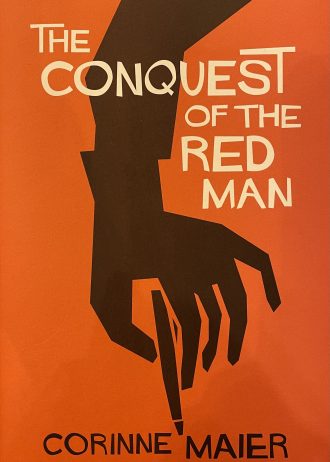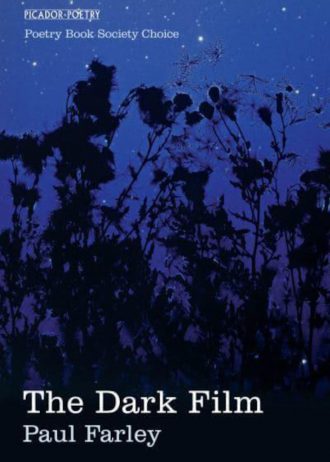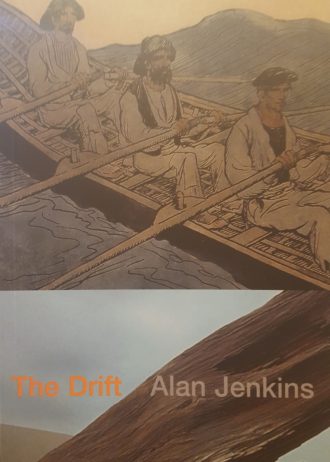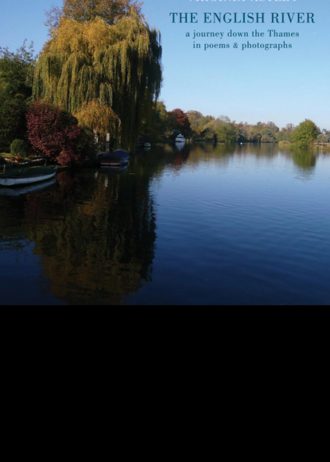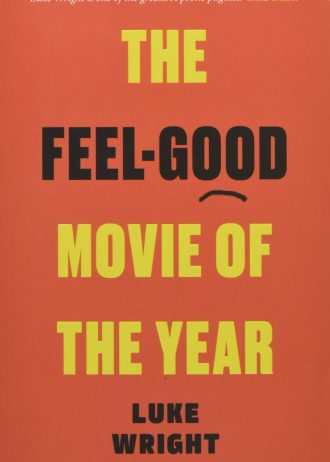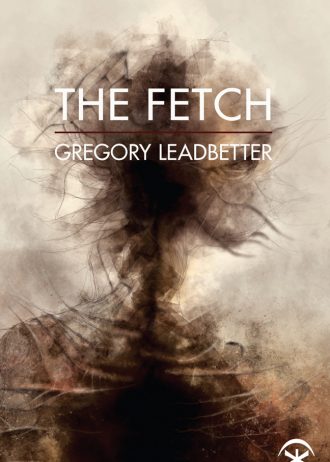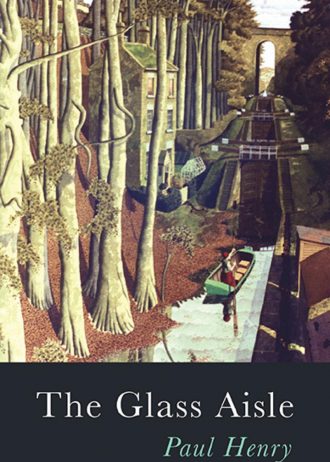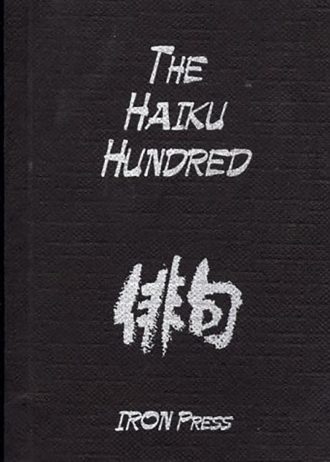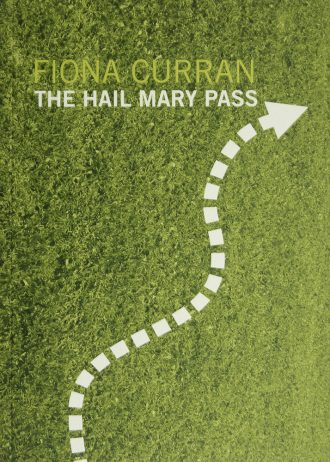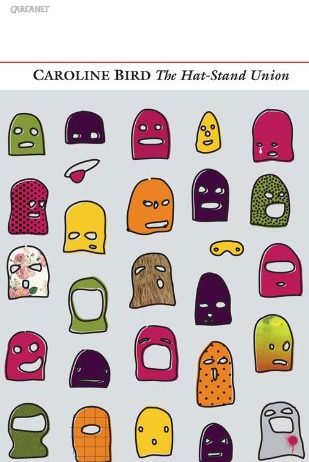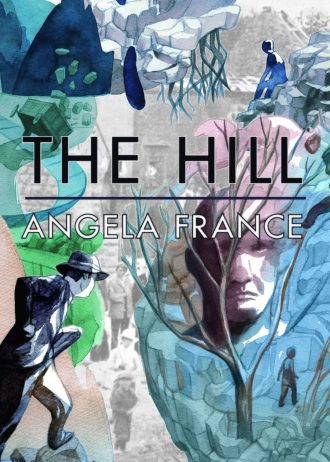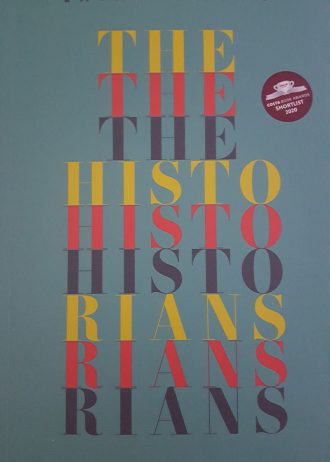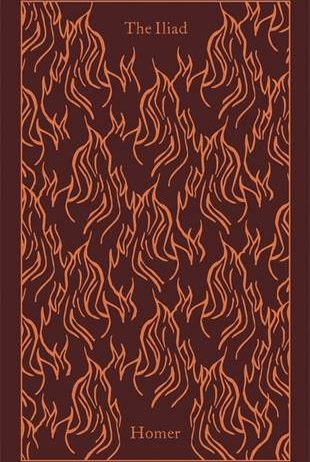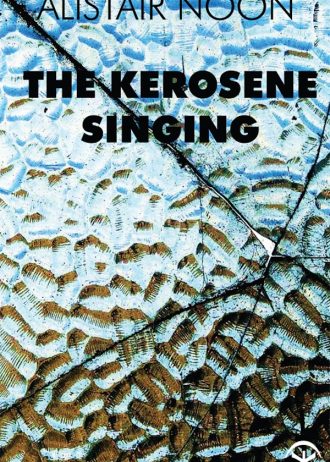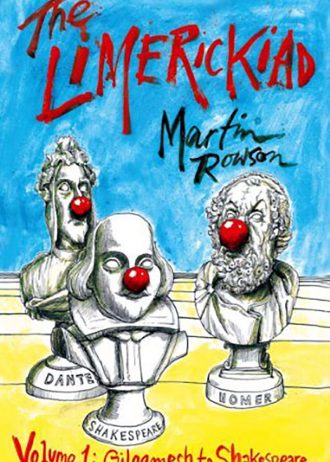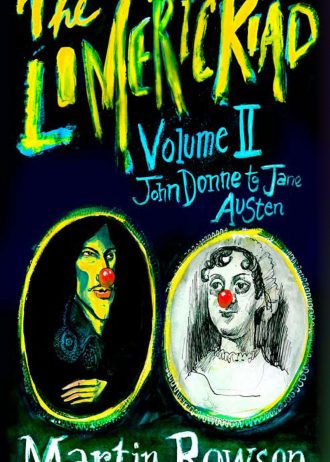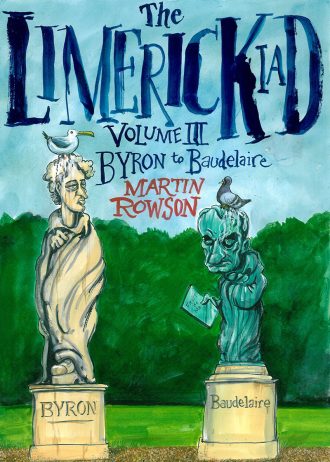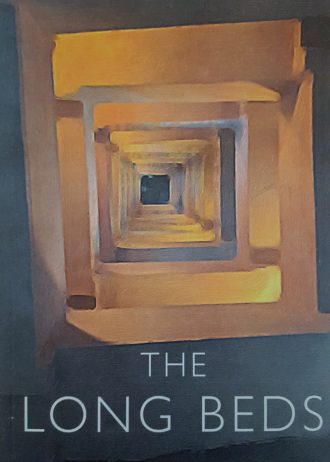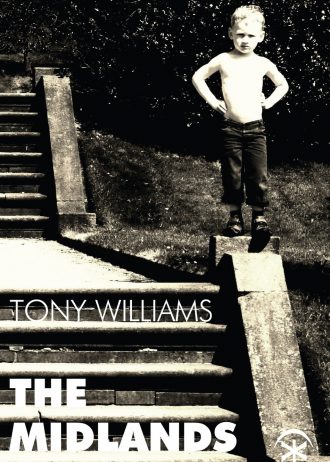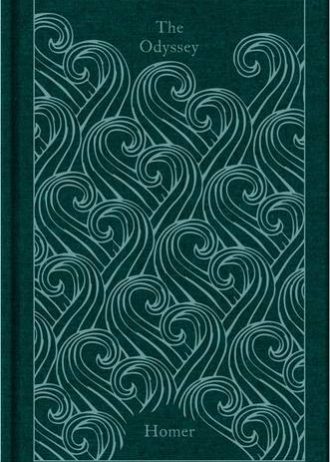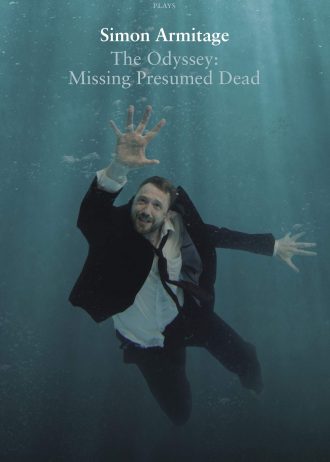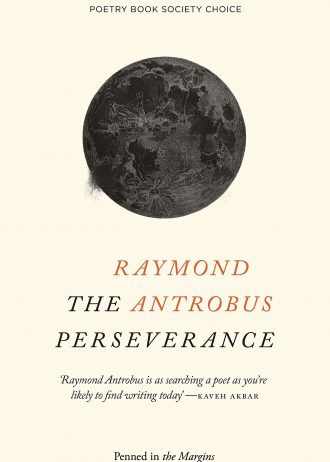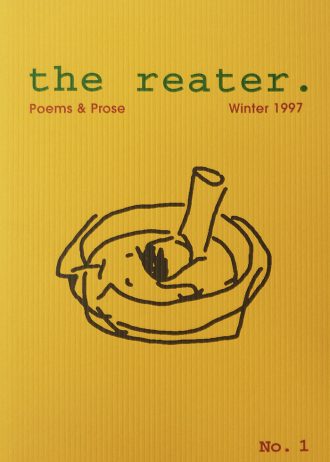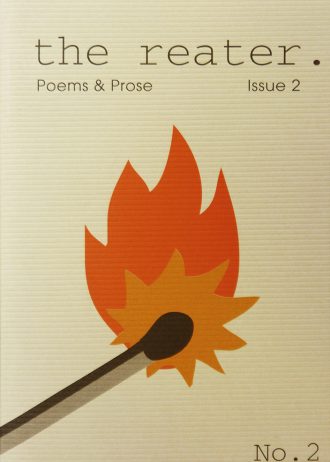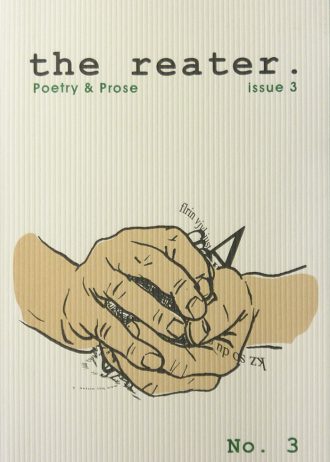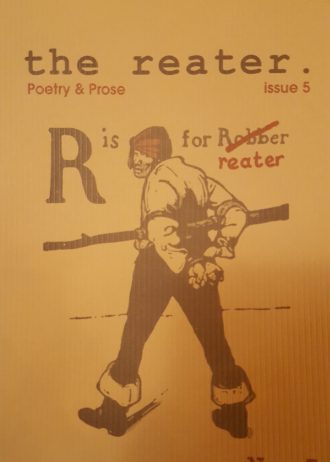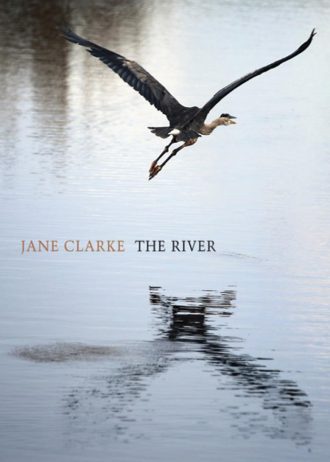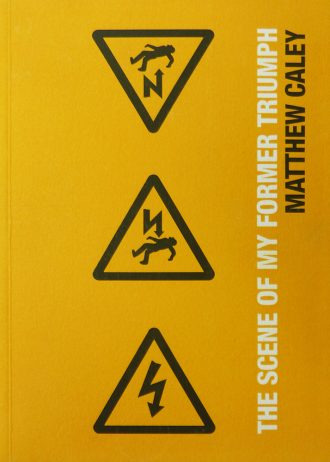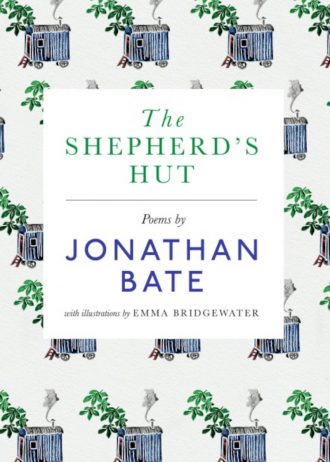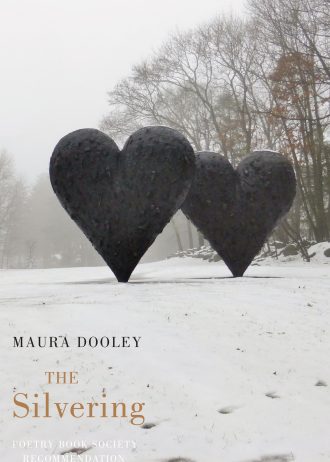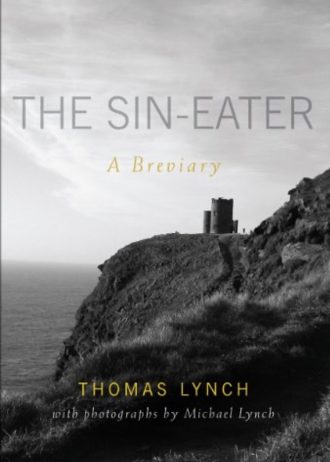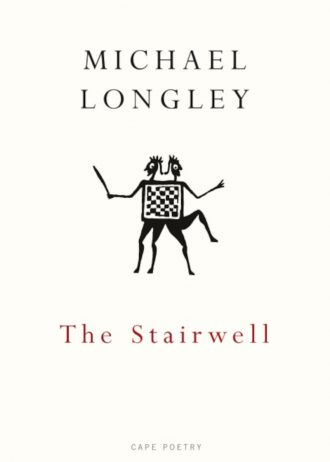The Conquest of the Red Man
£14.00The provocative wordsmith is back: this time with her first novel, The Conquest of the Red Man. It is the story of Corinne Zed, a penniless bourgeoise who makes a meagre living from writing. She decides, at the age of 39, to add a little piquant to her life – rich people are so boring – and experience romantic passion at long last. What could be more exciting than falling in love with a leftist who, in a previous life, planted bombs? The problem is that she loves to eat. It’s not reasonable to start a revolution when it’s time to eat and drink champagne. By the way, is revolution edible?
Always on the scout for her next great meal, Corinne experiences a political-literary love story that takes her from right to left, from Stendhal to Lenin and from Brussels to New York via Turin and Paris. Even if she discovers how to make a grand entrance into Leftie-land, will her dreams be fulfilled?
This caustic novel contains a generous dose of gustatory eroticism, fabulously crunchy nuggets, and a blow-job that would make Lenin turn bright red. Politics is never far away, but nothing gets in the way of the pleasure of reading – proof that the left is dissolvable in irony. It is also a sharp chronicle of our society.

